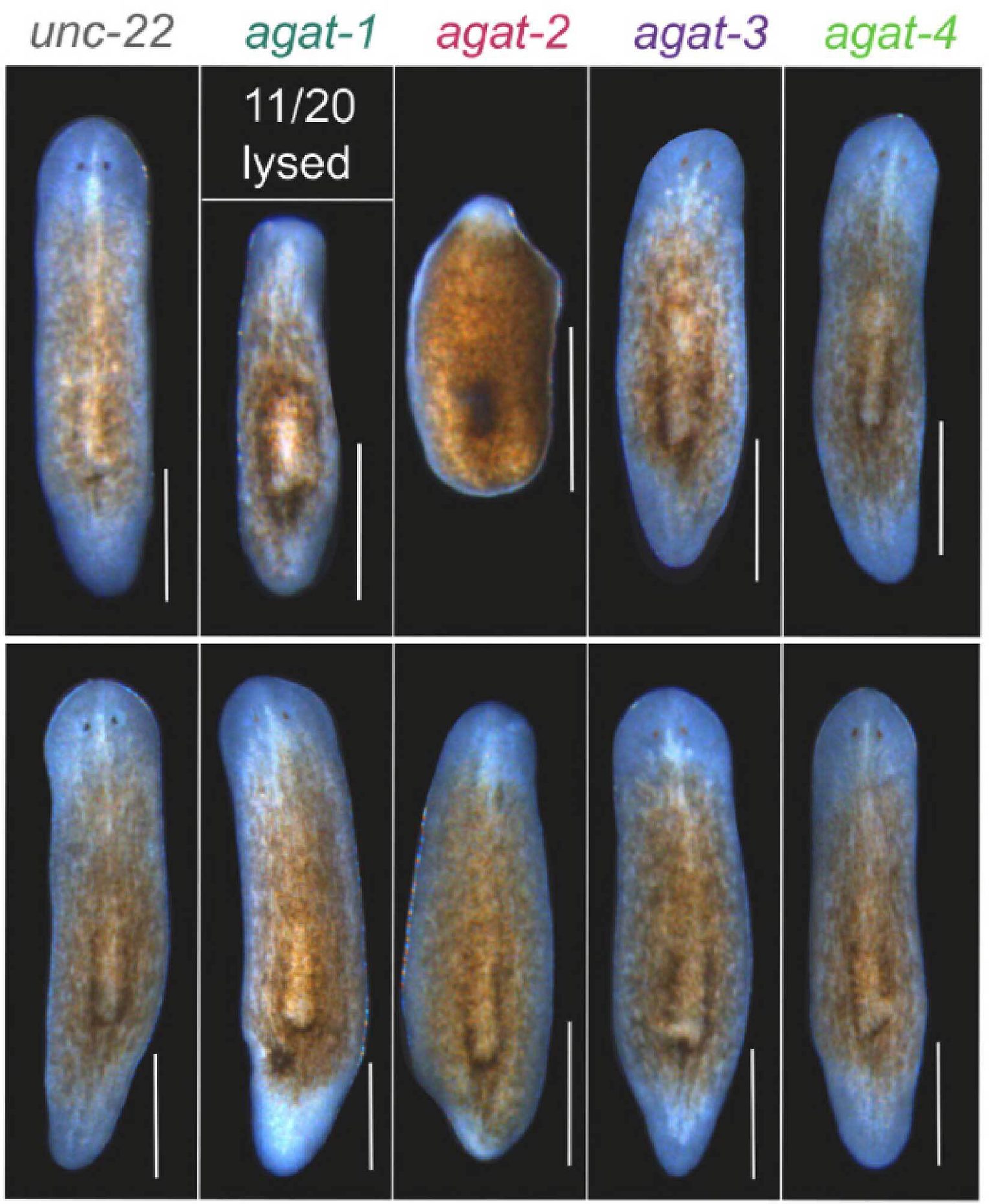Kansas City, MO—Stowers assistant investigators Marco Blanchette, Ph.D, and Kausik Si, Ph.D., have been named the 2011 recipients of the William B. Neaves Award. In a joint project, Blanchette and Si will explore how the internal state of an organism impacts the memory storage machinery at the molecular level.
Established in honor of Dr. William B. Neaves, President Emeritus of the Stowers Institute for Medical Research, the award was designed to encourage and support Stowers researchers, who wish to pursue innovative, high-risk research projects with the potential for broad impact.
“Marco and Kausik belong to the rare breed of scientist, who are blessed with a highly creative and highly analytical mind,” said Robb Krumlauf, Ph.D., Scientific Director of the Stowers Institute. “The William B. Neaves Award will allow them to work closely together and feed off each other’s creativity and research expertise to push the boundaries of what we know about the brain.”
Memories are formed when a series of biochemical events induce changes in the connection points or synapses between neurons. Which experiences are singled out to be stored as long-lasting memories depends on the value attached to the experience as well as the motivational state of the organism.
“But how the external experience and the internal state interact at the molecular level to convert some experiences into long-lasting memories is still largely unknown, ”explains Si, a neurobiologist, who uses fruit flies to study the molecular basis of long-term memory.
When preliminary findings pointed to a process known as alternative splicing as a potential regulatory step that allows the conversion of short-term memories into stable long-term memories, he teamed up with his Stowers colleague Blanchette, an expert in alternative splicing, which is the process by which long stretches from a transcribed messenger RNA (mRNA) are snipped out to enable a single gene to code for multiple proteins.
“The emerging consensus from different genome sequencing projects is that alternative splicing is a key mechanism to regulate gene activity, particularly in terminally differentiated cells, such as neurons,” says Blanchette. “I am very excited about the opportunity to collaborate with Kausik to take a closer look at the role of regulated splicing in long-term memory.”
“Throughout his career Bill [Neaves] has been known for tackling difficult questions but also for his collaborative spirit,” said David Chao, president and CEO of the Stowers Institute. “Kausik’s and Marco’s collaboration truly embodies the spirit of the award and I am looking forward to their results.”
Past recipients:
Rong Li, Ph.D., 2010
Li is using the William B. Neaves Award to investigate new approaches to cancer therapy based on aneuploidy. Frequently associated with cancer, aneuploidy is a condition in which a cell has extra or missing chromosomes. Just like Tolstoy’s unhappy families are unhappy in their unique ways, individual aneuploid cancers have their own abnormal assortment of chromosomes. This genomic variability has long stumped researchers trying to develop chemotherapeutic drugs but Li has devised a strategy that will not only allow her to understand the ever-changing chromosomal assortments in tumor cells but may transform aneuploidy into cancer cells’ Achilles heel.
About the Stowers Institute
The Stowers Institute for Medical Research is a non-profit, basic biomedical research organization dedicated to improving human health by studying the fundamental processes of life. Jim Stowers, founder of American Century Investments, and his wife Virginia opened the Institute in 2000. Since then, the Institute has spent over a half billion dollars in pursuit of its mission.
Currently the Institute is home to nearly 500 researchers and support personnel; over 20 independent research programs; and more than a dozen technology development and core facilities. Learn more about the Institute at http://www.stowers.org.



